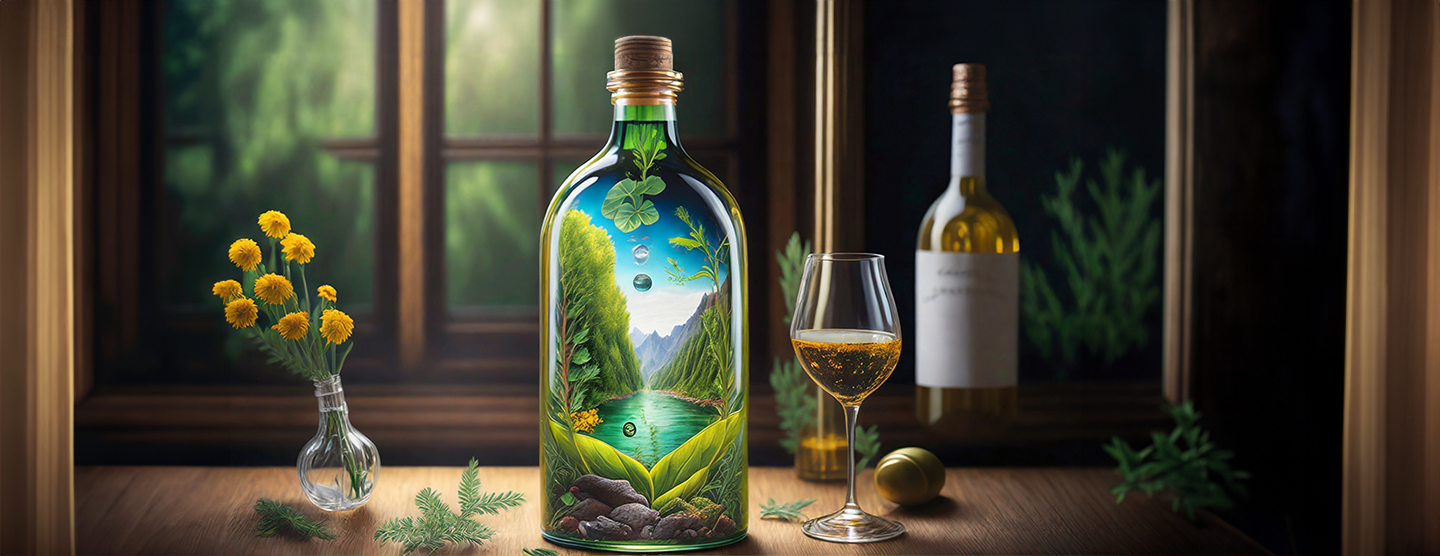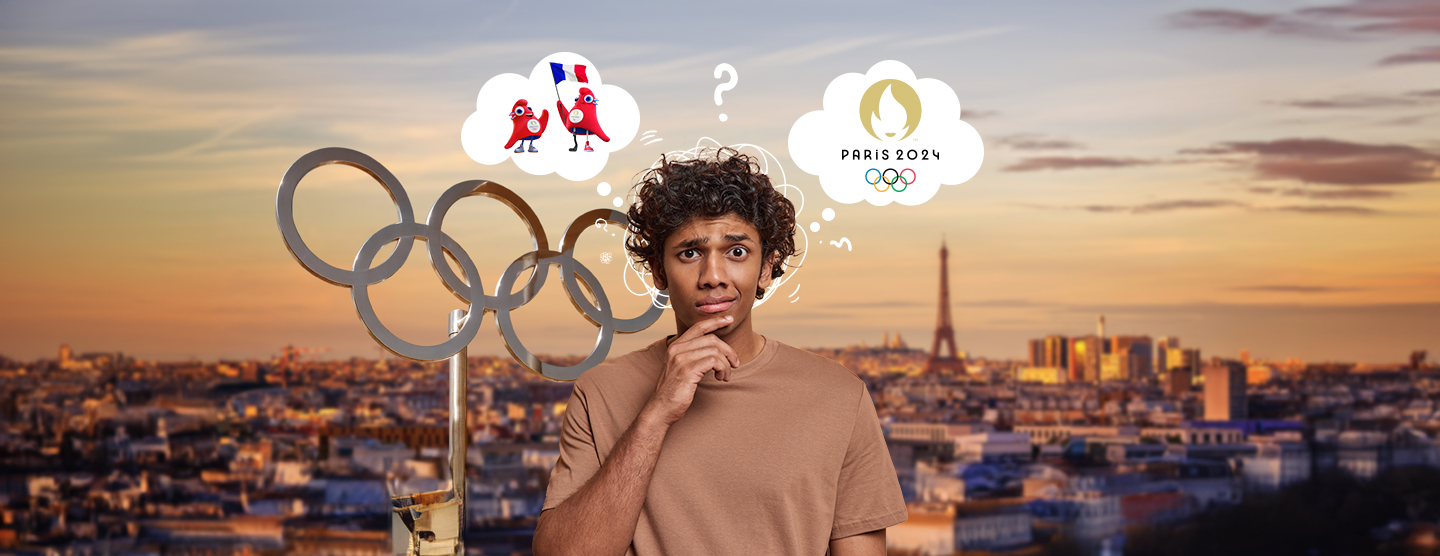Alcobev Industry’s Toast To A Greener Tomorrow
Ice-bergs are melting. And ice-cubes are coming to the rescue. As climate change takes center stage, the alcobev brands are raising its glass to sustainability. Shaking up the industry with eco-friendly packaging, carbon neutrality strategies and more.
By Rajorshi for Red Bangle
05 min read
Jan 30, 2024

The weather’s gone wild – floods, forest fires, melting ice caps, drought – you can’t escape it. Climate change is in every news report, leaders debate it at conferences like COP26, and activists hit the streets yearly. The warming planet isn’t a distant problem anymore; it’s breathing down our necks, and everyone, including brands, can’t pretend it’s not happening.
No wonder modern marketers are all about embracing sustainability. Not just as a marketing mantra — ‘greenwashing’ as the term goes — but as a way of doing business. Being sustainable is a must-have, and everyone from the customer to the C-suite has it on their radar.
This is especially true for the global alcoholic beverages industry, or alcobev in short. Often criticized for its environmental impact, the alcobev industry is experiencing a notable shift toward sustainability. Reinventing alcohol packaging, reducing the carbon footprint of alcohol production, and revitalizing the wider community as part of corporate social responsibility (CSR).)
Consumers increasingly expect that the products they buy don’t just not hurt the planet, but actually make things better. Here are some best practices that caught our eye, and we hope they spark off new ideas and stories for your own brand!
Sustainable packaging from Heineken
Alcobev brands are now buzzing with eco-friendly packaging. Heineken, a renowned global beer brand, has taken substantial strides in this direction, emphasizing the use of recycled materials for the packaging of their bottles and cans. To understand more, watch the “Brewing a Better World” campaign here. By recycling materials, Heineken’s initiative was all about minimizing waste and promoting a circular economy.
Sustainability as corporate strategy
Carbon neutrality is certainly the big issue most spirits brands are taking up. In this regard, Diageo’s “Society 2030” showcases a strategic roadmap for impactful change. The plan, as announced through this video, promises net-zero carbon emissions across “direct operations,” 50% reductions in “indirect carbon emissions” and 30% less water usage by 2030.
Smaller DTC brands making a big difference
Spirits brands such as the newly-launched Ellers Farm Distillery’s Dutch Barn vodka have made it a core part of their mission to be carbon negative from day one. Watch Dutch Barn’s silent but powerful launch film here for a sense of their ethos. The film championed the vodka’s earthy roots, and drew parallels from the spirit of new-age, green-thinking wanderers who travel the world without leaving a trail behind.
Sustainability through events
Sometimes, you can weave sustainability into the very fabric of brand marketing. The Signature Ziro Festival of Music is a stunning example. Unfolding amidst the stunning Ziro Valley, and rooted in tribal Apatani values, the festival uses local materials and engages the community for a green approach. Since 2012, it blends passion, community, and diverse cultures, spotlighting local tribes and global music. Take a quick peek here.
Empowering communities sustainably
A key strategy for alcobev brands is to engage communities in their sustainability efforts. Patrón, a subsidiary of the global powerhouse Diageo, walks the talk with the “Roca Patrón Sustainability Project.” It focuses on reducing water usage and fostering biodiversity, but does so by co-opting local farmers into their movement. How do they do it? By providing behind-the-scenes videos and interviews with local farmers benefiting from Patrón’s initiatives, the brand creates a narrative in the documentary-style treatment.
Reducing carbon footprint in production
Another path to sustainability takes us to the heart of the production process – the carbon footprint associated with alcohol production. Absolut Vodka’s “Planet Earth’s Favorite Vodka” campaign is a shining example of a brand actively working to reduce its environmental impact throughout the supply chain. Reducing its carbon footprint, through meticulous energy-efficient production methods and waste reduction strategies.
Aligning brand with sustainability
Sustainability initiatives can also directly align with your brand’s positioning and personality. Take Corona, for instance, Over the years, Corona has successfully positioned itself as the beer to drink on the beach thanks, in part, to its slogan “find your beach” and its faithful use of aspirational, oceanside imagery. Now the brand is aiming to keep shorelines looking picture perfect by launching a “Protect Our Beaches” initiative. Corona kicked off the campaign with a cleanup effort at Miami, removing more than 30,000 pounds of plastic waste. Watch here for more. Similarly, Heineken extends its distinct green color into ideas such as the Heineken Greener Bar, launched at the Heineken London E-Prix in partnership with Formula E. The Greener Bar is designed to showcase how we can take action to reduce waste, water, emissions and energy usage in events such as motorsports.
Going beyond the slogans
In contemplating these initiatives, one question begs to be asked – is the emphasis on sustainability a genuine commitment, or is it a deliberate diversion from more debatable ethical concerns associated with alcohol as a category? Or are we witnessing a profound shift towards holistic sustainability? Share your opinion and keep the conversation going!


